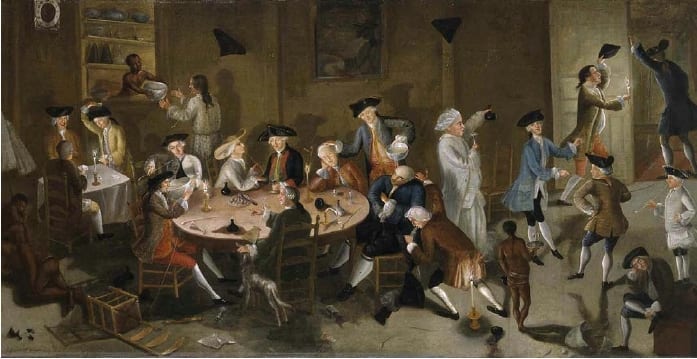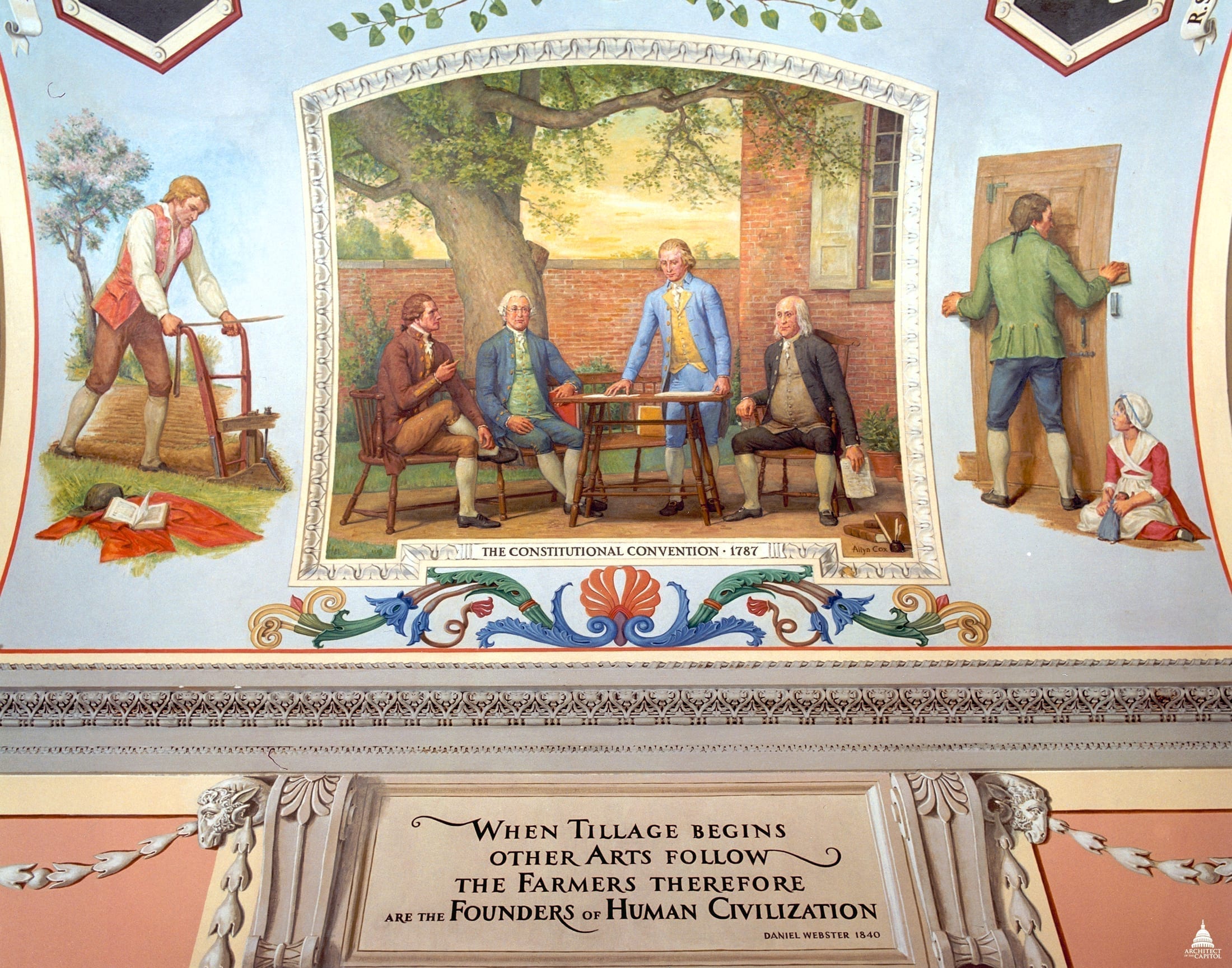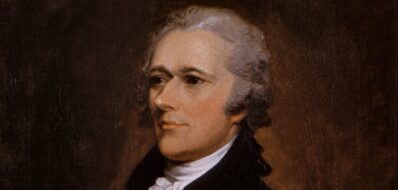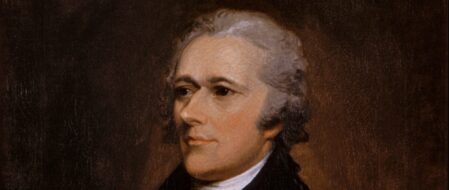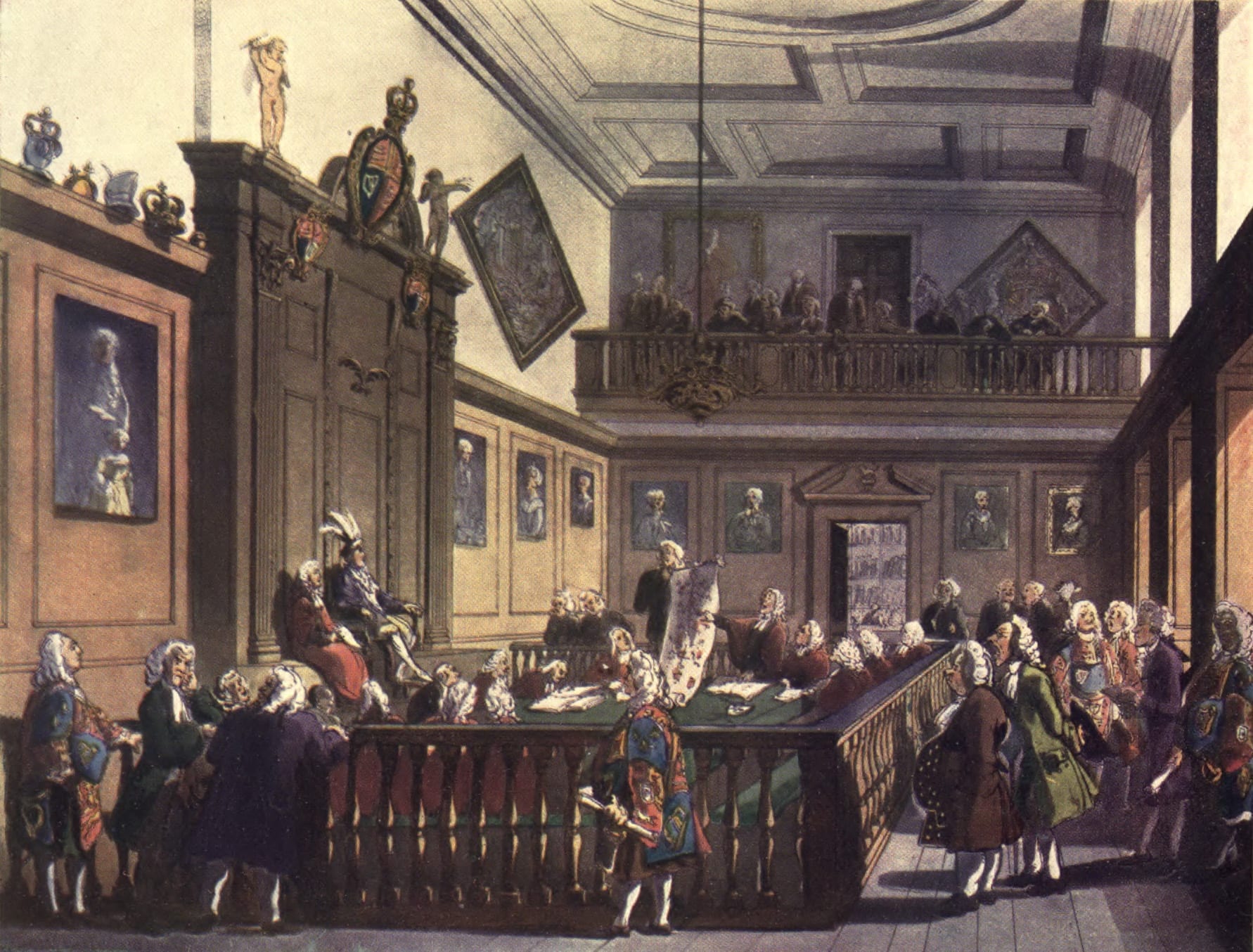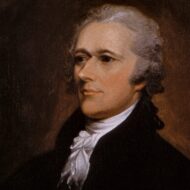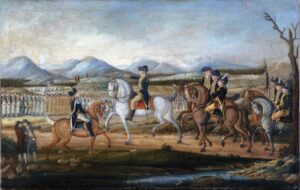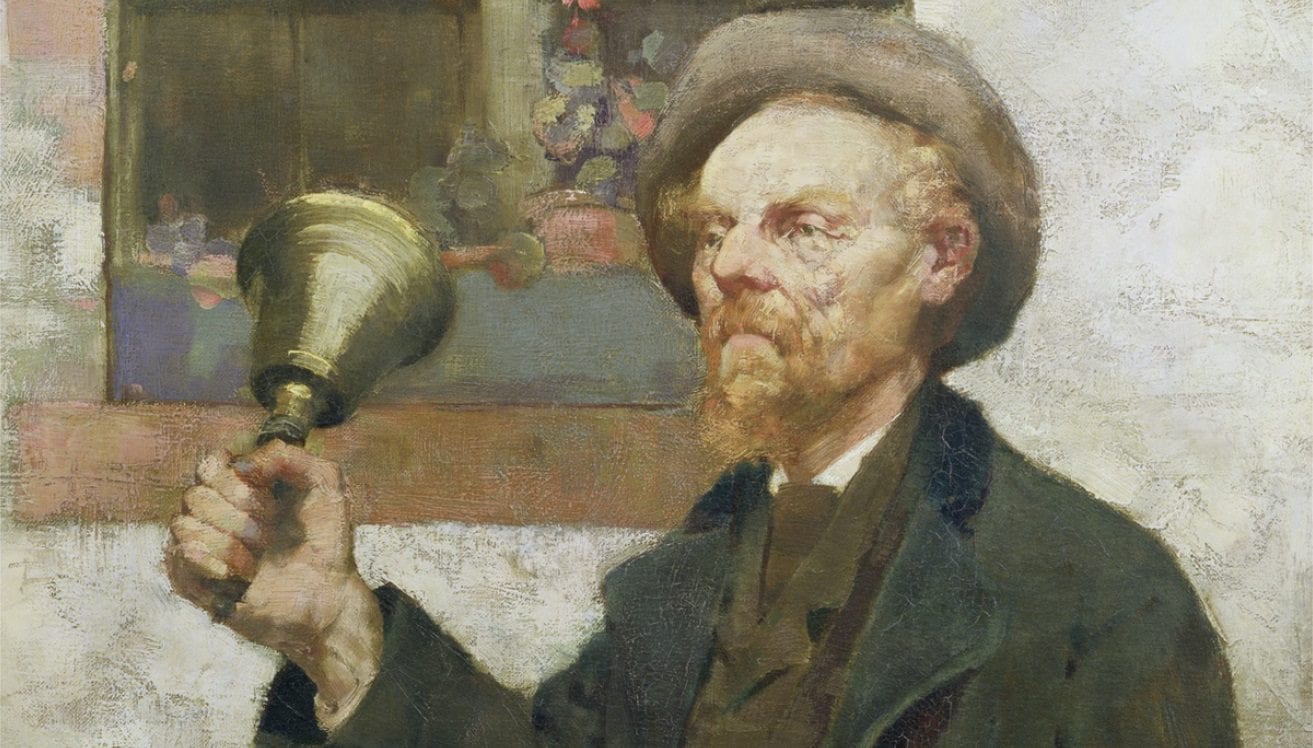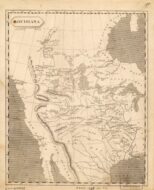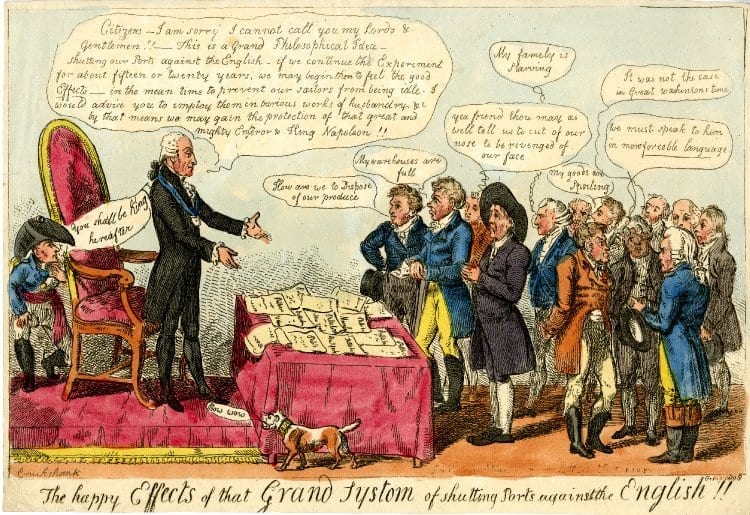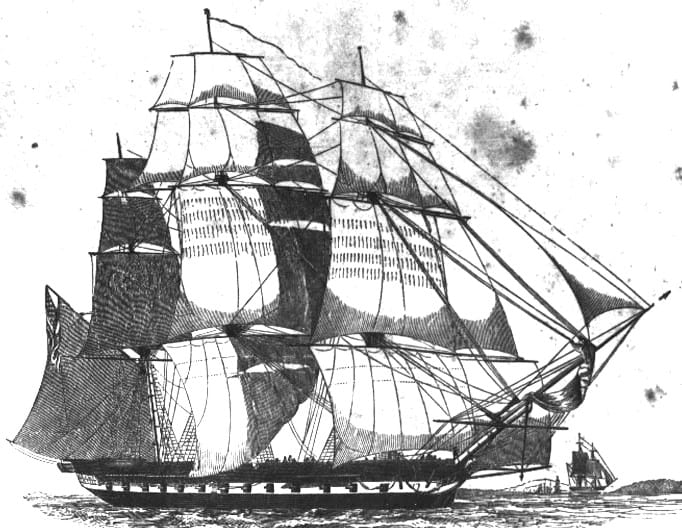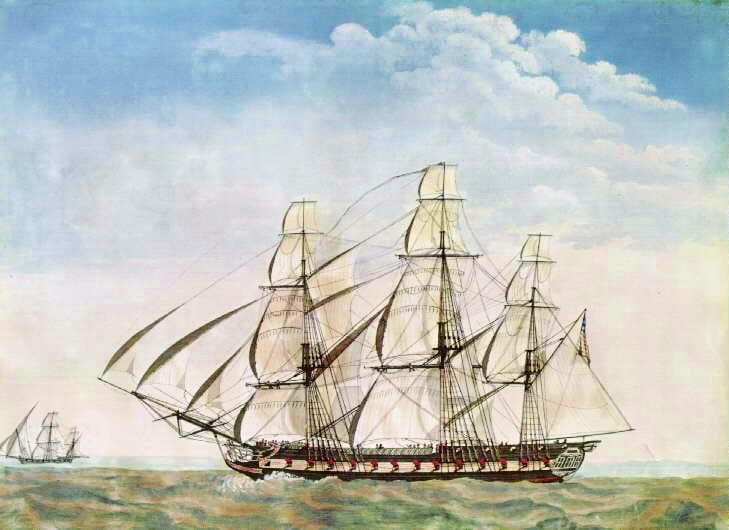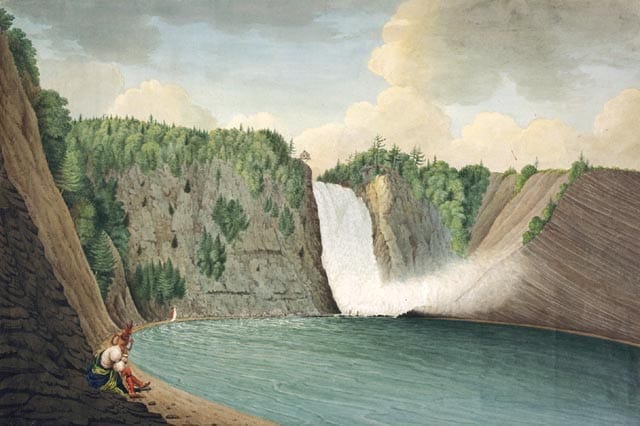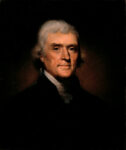A perfect theory on this subject would be useful, not because it could be reduced to practice by any plan of legislation, or ought to be attempted by violence on the will or property of individuals; but because it would be a monition against empirical experiments by power, and a model to which the free choice of occupations by the people might gradually approximate the order of society.
The best distribution is that which would most favor health, virtue, intelligenceand competency in the greatest number of citizens. It is needless to add to these objects, liberty and safety. The first is presupposed by them. The last must result from them.
The life of the husbandman is pre-eminently suited to the comfort and happiness of the individual. Health, the first of blessings, is an appurtenance of his property and his employment. Virtue, the health of the soul, is another part of his patrimony, and no less favored by his situation. Intelligence may be cultivated in this as well as in any other walk of life. If the mind be less susceptible of polish in retirement than in a crowd, it is more capable of profound and comprehensive efforts. Is it more ignorant of some things? It has a compensation in its ignorance of others. Competencyis more universally the lot of those who dwell in the country, when liberty is at the same time their lot. The extremes both of want and of waste have other abodes. ’Tis not the country that peoples either the Bridewells or the Bedlams. These mansions of wretchedness are tenanted from the distresses and vices of overgrown cities.
The condition to which the blessings of life are most denied is that of the sailor. His health is continually assailed and his span shortened by the stormy element to which he belongs. His virtue, at no time aided, is occasionally exposed to every scene that can poison it. His mind, like his body, is imprisoned within the bark that transports him. Though traversing and circumnavigating the globe, he sees nothing but the same vague objects of nature, the same monotonous occurrences in ports and docks; and at home in his vessel, what new ideas can shoot from the unvaried use of the ropes and the rudder, or from the society of comrades as ignorant as himself. In the supply of his wants he often feels a scarcity, seldom more than a bare sustenance; and if his ultimate prospects do not embitter the present moment, it is because he never looks beyond it. How unfortunate that in the intercourse by which nations are enlightened and refined, and their means of safety extended, the immediate agents should be distinguished by the hardest condition of humanity.
The great interval between the two extremes is, with a few exceptions, filled by those who work the materials furnished by the earth in its natural or cultivated state.
It is fortunate in general, and particularly for this country, that so much of the ordinary and most essential consumption takes place in fabrics which can be prepared in every family, and which constitute indeed the natural ally of agriculture. The former is the work within doors, as the latter is without; and each being done by hands or at times that can be spared from the other, the most is made of every thing.
The class of citizens who provide at once their own food and their own raiment, may be viewed as the most truly independent and happy. They are more: they are the best basis of public liberty, and the strongest bulwark of public safety. It follows that the greater the proportion of this class to the whole society, the more free, the more independent, and the more happy must be the society itself.
In appreciating the regular branches of manufacturing and mechanical industry, their tendency must be compared with the principles laid down, and their merits graduated accordingly. Whatever is least favorable to vigor of body, to the faculties of the mind, or to the virtues or the utilities of life, instead of being forced or fostered by public authority, ought to be seen with regret as long as occupations more friendly to human happiness lie vacant.
The several professions of more elevated pretensions, the merchant, the lawyer, the physician, the philosopher, the divine, form a certain proportion of every civilized society, and readily adjust their numbers to its demands and its circumstances.
National Gazette, March 2, 1792


